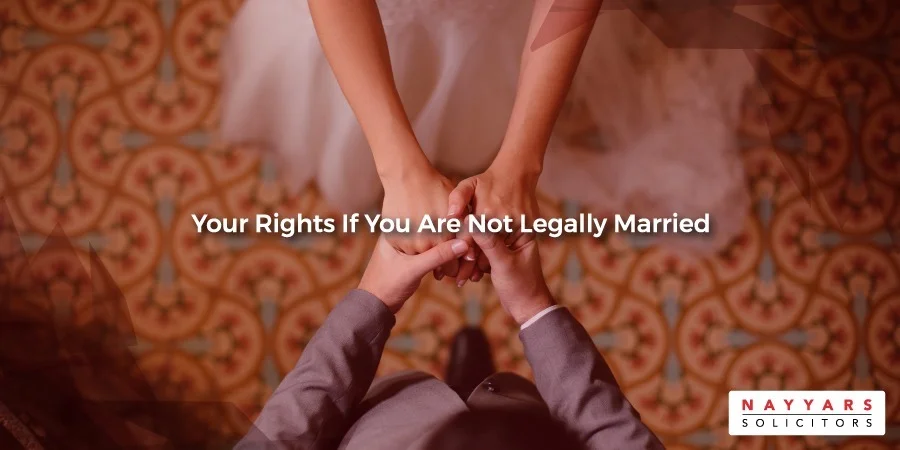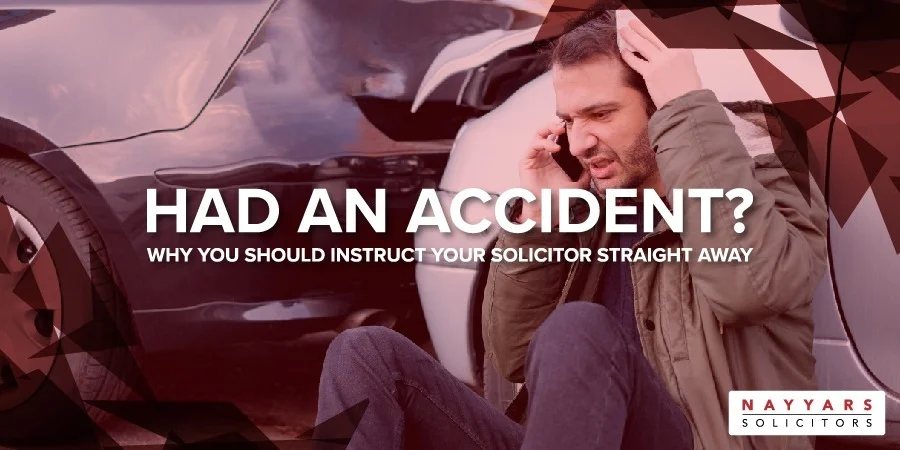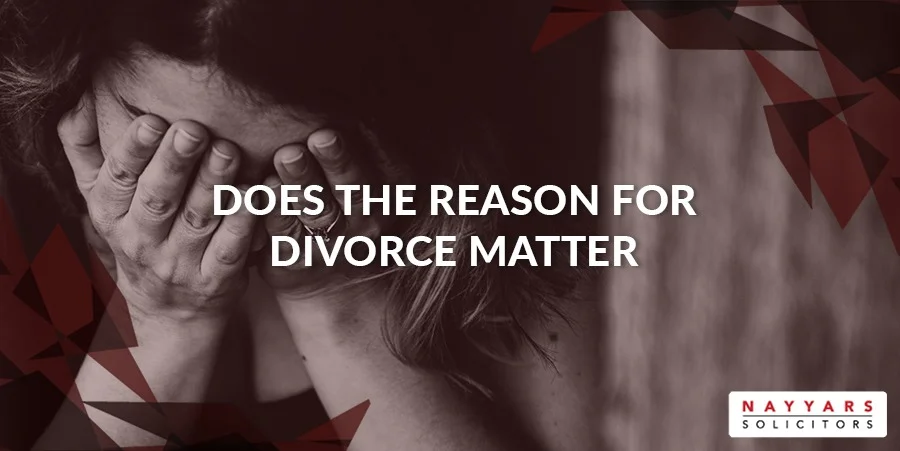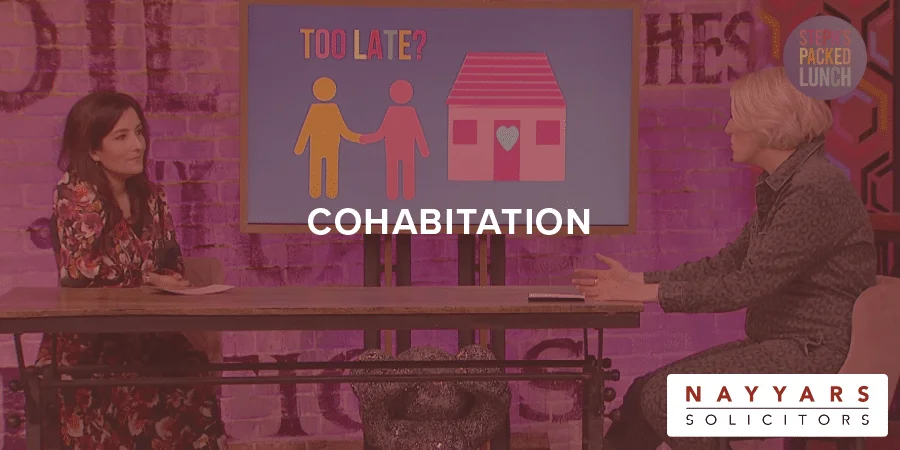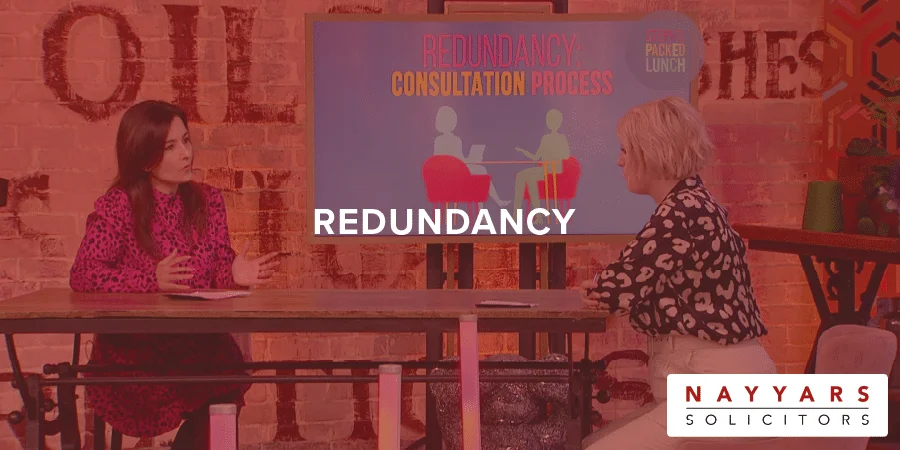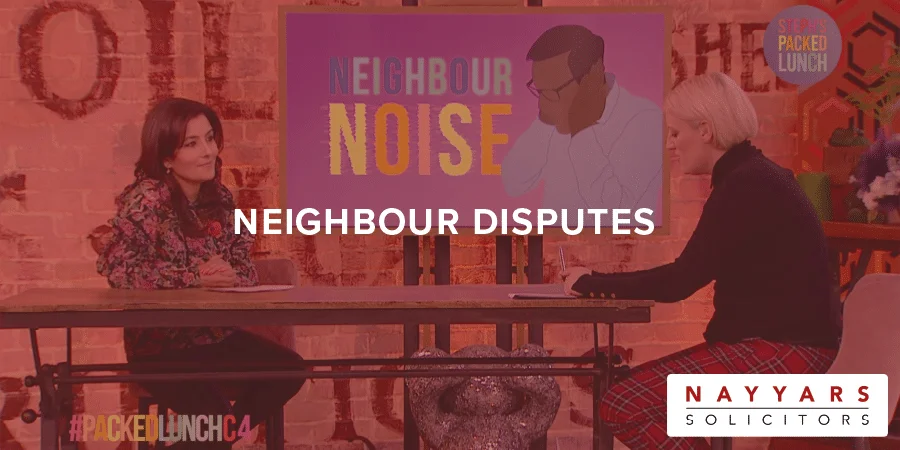When it comes to divorce or separation, the main priority is always the welfare of any children involved. In many cases, this can leave parents at odds with each other and unable to agree on who should take custody.
This can result in amicable breakups turning into tense disputes, and in some cases, the court may even need to get involved to break the deadlock.
In many cases, custody disputes arise because one or both parents are unaware of their rights and how custody is determined, resulting in the fear of losing contact with their child.
In this article, we are going to help you understand how child custody is determined during a divorce in the UK. We will also share tips on how you can put forward your best case for custody.
What Are Your Custody Rights?
When it comes to custody, we are really talking about residency. This term refers to the child’s main residence following your breakup.
Before you begin to determine this residency, it is important that both parents understand what rights they have, which typically comes down to who has parental responsibility.
Parental responsibility is defined by the Children Act 1989 as ‘all the rights, duties, powers, responsibilities and authority which by law a parent of a child has in relation to the child’.
One of these responsibilities is to provide housing for the child, so if you have parental responsibility, you automatically have the right to provide housing. Of course, in most cases, both parents have parental responsibility, which means disputes over residence can arise.
Parental responsibility is conferred on the mother, as she is always listed on the birth certificate, while a father will have it if:
- He was married to the mother at the time of birth
- He was listed on the birth certificate
- Both parents or the father registered parental responsibility with the court
If both parents have parental responsibility, then there is nothing in the law that states a mother or father has the right for the child to live with them specifically.
Ultimately, the main consideration of the court is the welfare of the child in question. In the past, that has meant that custody has usually been given to mothers, as they traditionally spent more time with the children.
However, the courts are reacting to the changes in modern families, which often mean mothers have full-time jobs and fathers are more hands-on with childcare. As a result, the courts are trying to move towards joint custody more.
Types of Custody
When it comes to determining the residence of a child, the court has wide-ranging powers. As a result, the orders it makes on custody can vary greatly from case to case.
When you think of custody, you probably think of the terms ‘sole custody’, ‘joint custody’ and contact. While these are still used colloquially, the way a court determines residence is via a child arrangement order.
These orders can cover a number of parental considerations, including:
- Who the child lives with;
- How the child has contact with their parents;
- Any specific issues that are disputed, such as where the child goes to school;
- Any prohibited steps a parent can not take with the child, such as leaving the country;
How to Determine Child Custody
As we alluded to, the court is now trying to promote equal responsibility for both parents, as opposed to sole custody, as this is generally considered best for the child.
That means both parents have custody and the child has two homes. For the child, the major benefit is that the time they spend with each parent is more equal (though this obviously varies on a case by case basis).
However, this does not always need to be decided by a court. In fact, in the majority of divorces, parents are able to avoid going to court by agreeing on three things:
- Where the child will live;
- How much time the child will spend with each parent;
- How each parent will financially support the child;
If you can agree on this, then you can use a solicitor to make your agreement legally binding. This is always recommended, as while you may be in agreement, your ex-partner may feel different in the future. If your agreement is broken, the fact that it was legalised is a big plus.
Even if you cannot reach an agreement, it is not a foregone conclusion that you will need to go to court.
Instead, you should consider mediation, in which you work towards resolving your disputes with the help of a neutral third party. Nine times out of ten, this is quicker and more cost-effective than going to court.
If you cannot reach an agreement, then your final recourse is to ask the court to decide. This involves applying for a child arrangement order, which you can learn more about in this article.
Before you apply for a child arrangement order, ensure you seek legal advice from an experienced family solicitor.
How to Improve Your Chances of Getting Custody
If going to court seems like an inevitability, you may be concerned that your contact with your child will be severely limited. This is a particular worry among fathers, where they often have limited contact after the breakup and assume that the court will automatically side with the mother.
Ultimately, the court will make its decision based on what is best for the child. However, we do have some tips that could help to swing the custody question in your favour. These include:
- Demonstrating a strong relationship: Take extra steps to build a bond with your child. This could include helping them with homework or engaging more with their teachers;
- Attending key events: You can show your involvement by being at special events with your child, such as birthday parties or religious ceremonies;
- Paying child maintenance: Continuous maintenance payments demonstrates long-term concern for the child’s welfare, just be sure to obtain proof of the payments if your agreement with the other parent is informal;
- Preparing a safe space: Preparing a specific space for your child can help them feel safe and comfortable in your home when they are away from their usual surroundings. This is particularly useful as the court will enquire about the living arrangements you provide;
- Respecting the other parent: No matter how much the relationship breaks down, you should always respect the other parent. Not doing so can damage the welfare of the child and your chances of gaining custody;
Who Gets Custody of a Child in Divorce in the UK?
When it comes to who gets custody of a child during a divorce, the courts are, where possible, promoting the benefits of joint custody. However, every custody case is different, and there are a host of considerations that can influence the court’s decision.
When it comes to the welfare of your child, you want to make sure everything is done to protect them. So, whether you are in the process of agreeing on custody with your ex-partner or you are preparing for a custody battle, your first action should be to speak to an experienced family solicitor.
For more information on child custody and what you need to do to secure it, get in touch with Nayyars Solicitors today.




